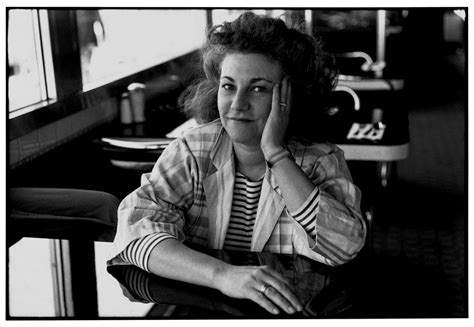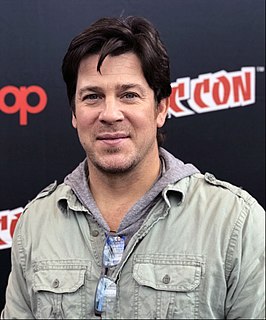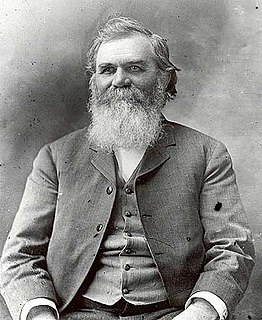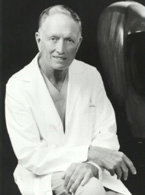A Quote by Michael J. Fox
'Why do you think it is...', I asked Dr. Cook ... 'that brain surgery, above all else-even rocket science-gets singled out as the most challenging of human feats, the one demanding the utmost of human intelligence?' [Dr. Cook answered,] 'No margin for error.'
Related Quotes
The history of science, like the history of all human ideas, is a history of irresponsible dreams, of obstinacy, and of error. But science is one of the very few human activities-perhaps the only one-in which errors are systematically criticized and fairly often, in time, corrected. This is why we can say that, in science, we often learn from our mistakes, and why we can speak clearly and sensibly about making progress there. In most other fields of human endeavour there is change, but rarely progress ... And in most fields we do not even know how to evaluate change.
Dr. Leonard Shlain, chairman of laparoscopic surgery at California Pacific Medical Center, said they took some four and five year-olds and gave them video games and asked them to figure out how to play them without instructions. Then they watched their brain activity with real-time monitors. At first, when they were figuring out the games, he said, the whole brain lit up. But by the time they knew how to play the games, the brain went dark, except for one little point.
Typically, you learn how to cook, but you don't know why. We were looking for a deeper understanding of what was happening to our food as we roasted it, boiled it, grilled it, chopped it, etc. And it turned out, as we began to really say what is cooking, what does it mean to cook, there's a lot of science involved.
My mom's always been a good cook, so I took a lot of stuff from her, but most of the stuff I took from Emeril or Bobby Flay right off the TV and make it. I just loved to cook, so it just became a thing. It's a release. Even if I'm alone, I'll cook a full meal, maybe even a two-course meal, just because I love to cook. It's my secret love!
You know, Dr. Edwin Land was a troublemaker. He dropped out of Harvard and founded Polaroid. Not only was he one of the great inventors of our time but, more important, he saw the intersection of art and science and business and built an organization to reflect that. Polaroid did that for some years, but eventually Dr. Land, one of those brilliant troublemakers, was asked to leave his own company - which is one of the dumbest things I've ever heard of.




































